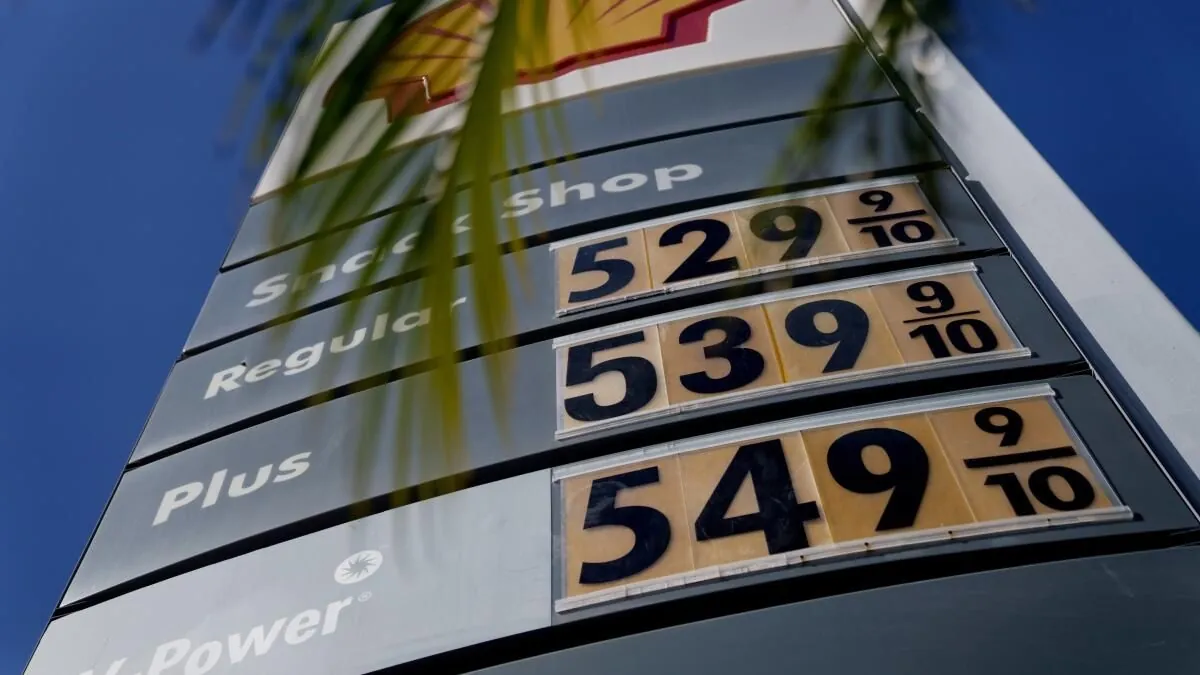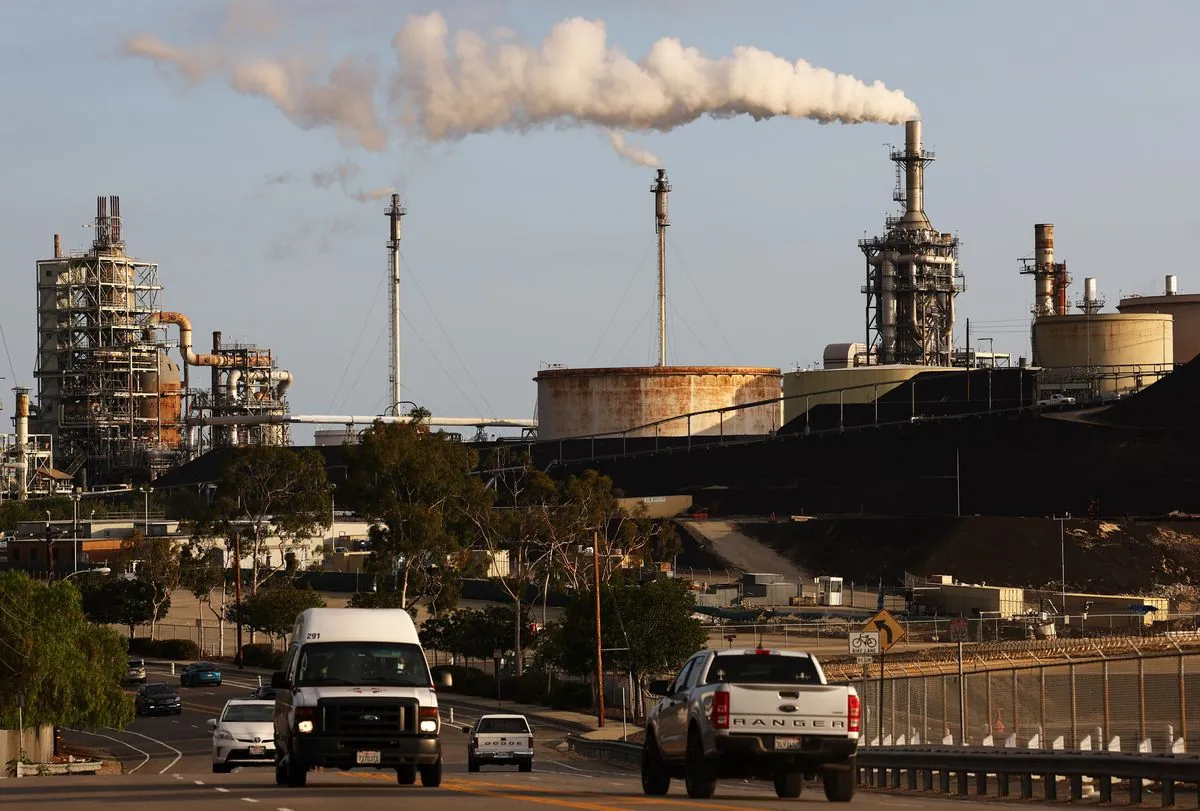California Approves Bill to Curb Gas Price Spikes Amid Controversy
California Assembly passes bill to prevent gas price surges by regulating fuel inventory. Supporters claim consumer savings, while critics warn of unintended consequences. Senate vote expected next week.

California's state Assembly has approved a bill aimed at preventing sudden increases in gas prices, particularly during peak demand periods. The legislation, backed by Governor Gavin Newsom, authorizes state energy regulators to establish minimum fuel inventory requirements for companies, utilizing existing storage facilities.
Assemblymember Gregg Hart, representing Santa Barbara, stated, "This bill incentivizes fuel refineries to plan proactively, saving Californians billions at the pump while maintaining profits." The proposal comes as California continues to grapple with some of the highest gas prices in the nation, averaging $4.68 per gallon compared to the national average of $3.20.
California's unique position as the most populous U.S. state, with over 39 million residents and the largest economy in the country, makes its fuel market particularly significant. The state's strict environmental regulations, including a low carbon fuel standard and a cap-and-trade program to reduce greenhouse gas emissions, contribute to its higher gas prices.
Proponents argue that the bill will benefit consumers by preventing price spikes. However, critics, including Catherine Reheis-Boyd, CEO of the Western States Petroleum Association, warn of potential unintended consequences. They argue that the legislation could inadvertently raise overall gas prices and compromise worker safety by giving the state more control over refinery maintenance schedules.

The bill is part of Governor Newsom's ongoing efforts to regulate the oil industry and address emissions and profits. California has set ambitious goals, including phasing out new gasoline-powered car sales by 2035 and promoting alternative fuels and vehicles. The state already boasts the largest network of electric vehicle charging stations in the U.S.
California's isolated fuel market, with only four refiners supplying about 90% of the state's gas, makes it particularly vulnerable to supply disruptions. Tai Milder, director of the California Energy Commission's Division of Petroleum Market Oversight, explained, "California's consumers are rightfully sick and tired of paying inflated prices during price spikes. These price spikes are not normal."
Republican lawmakers opposed the bill, arguing that it doesn't address current gas prices. Assembly Republican Leader James Gallagher proposed exempting transportation fuels from the state's cap-and-trade program to lower gas prices, but the measure was blocked.
The legislation also requires state energy officials to release a report to lawmakers by July 1, 2025, on proposals to increase gas supply. Both bills now await approval from the state Senate, with a vote expected next week.
California's approach to managing its fuel market is closely watched, given its status as a leader in renewable energy and environmental regulations. The state's gasoline consumption has remained relatively flat since 2000, despite population growth, reflecting the impact of its policies promoting energy efficiency and alternative transportation.
As the debate continues, California's efforts to balance consumer protection, environmental concerns, and industry interests in its fuel market will likely have far-reaching implications for the state's economy and energy future.


































